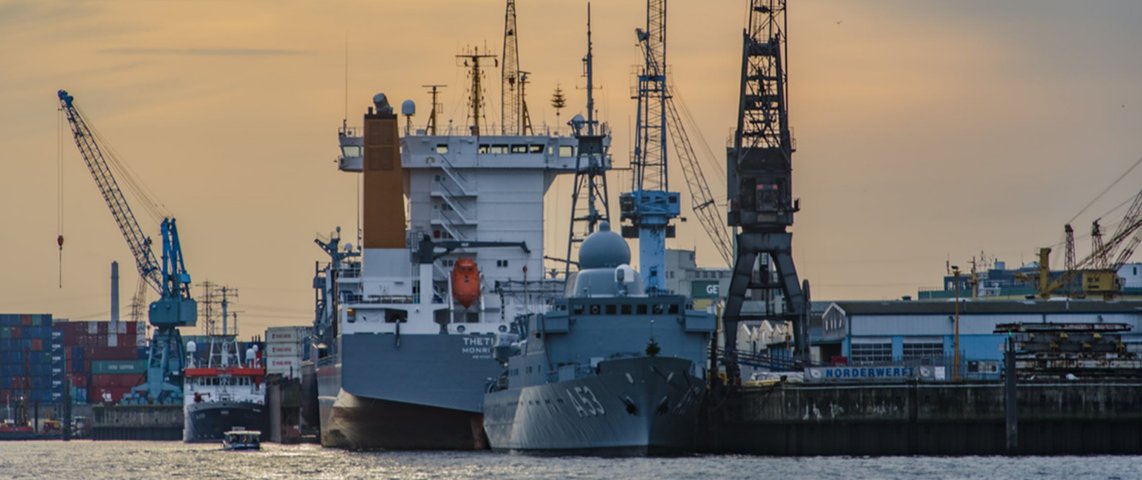De Castro & Robles specializes in Admiralty and Maritime law, with emphasis in litigation before Panama’s Maritime Courts and Arbitration Tribunals, generally representing the interest of the owners and charterers of vessels arrested, their underwriters and P&I Clubs.
The First Maritime Court of Panama was created by Law 8 of 1982 to replace the former U.S. District Court of the Canal Zone which was disestablished to the terms of the treaty between Panama and the United States of America. This Court was the only source of admiralty jurisdiction at the Canal until then. The procedure followed by the Panama Admiralty Court resembles to some extent that of a U.S. District Court sitting in admiralty.
As years passed and maritime litigation grew, a Second Maritime Court was established in 2001, and shares jurisdiction with the First Maritime Court over cases arising out of maritime commerce and trade.
The Maritime Courts of Panama can exercise jurisdiction in rem over any vessel or cargo present in Panama, including those transiting the Panama Canal and calling at Panamanian ports.
Jurisdiction in personam is acquired by the attachment of property pertaining to the defendant found in Panama, which may consist of a vessel, cargo, bunkers, or any other property.
In order to arrest a vessel in rem or in personam with the attachment of property of the defendant or ‘quasi in rem’, plaintiff must post a bond in the sum of US$1,000.00 and deposit US$2,500.00 with the Marshal of the Court to cover initial arrest expenses.
The simplicity of this procedure makes it very attractive for claimants to arrest vessels transiting the Panama Canal or calling at Panamanian ports.
The Maritime Courts are available to deal with urgent matters, such as arrests, injunction, and to release vessels from arrest 24 hours a day, 365 days a year. Arrest and release of vessels are handled expeditiously in an attempt to minimize costs and expenses to ship owners and charterers.
Motions challenging the validity of an arrest are given priority on the Court’s docket.



